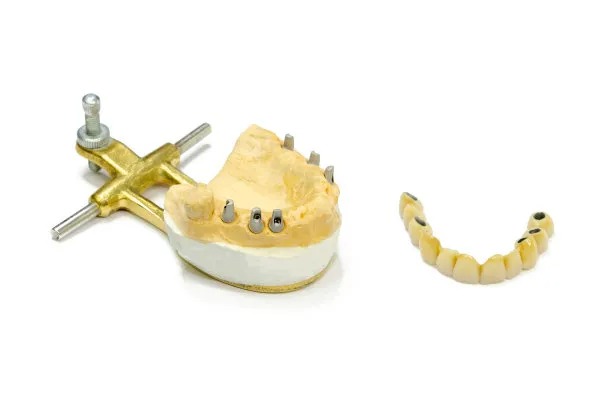Essential Guidelines and Precautions to Consider Before Undergoing Dental Filling Procedures to Ensure Optimal Oral Health
Summary: Dental fillings are a common procedure aimed at restoring teeth affected by decay. However, to ensure the optimal success of this treatment and maintain overall oral health, patients must be aware of several guidelines and precautions prior to undergoing the procedure. This article will examine key areas including understanding the types of fillings, evaluating the dentists expertise, assessing personal health conditions, and establishing post-procedure care. By following these essential directives, patients can facilitate a smoother dental experience and contribute to their oral well-being.
1. Understanding the Types of Fillings Available

When considering a dental filling, its crucial to understand the various materials available. Common options include amalgam, composite resin, ceramic, and gold. Each type has its own advantages and disadvantages in terms of durability, aesthetics, and cost. Amalgam fillings, usually silver in color, are resilient and suitable for back teeth. In contrast, composite fillings can be color-matched to the natural tooth and are typically used for visible areas.
Additionally, the choice of filling material can impact the overall treatment cost and longevity. Patients should consult with their dentist about which material is best suited to their specific needs and preferences. Understanding these options helps patients make informed decisions and prepares them for what to expect during the procedure.
Lastly, keep in mind that regional regulations and dental advancements may affect the availability of specific filling types. Therefore, its necessary to stay updated on current materials and technologies in dentistry to ensure you receive the most effective treatment.
2. Evaluating the Dentists Qualifications and Experience
The success of dental filling procedures greatly relies on the skills and experience of the dentist performing them. Its essential to research potential dental providers, focusing on their qualifications, certifications, and areas of expertise. Practitioners should ideally possess up-to-date training in dental procedures and familiarization with modern techniques and materials.
Patients should also consider asking for referrals, reading online reviews, and verifying the dentists credentials with local dental associations. A skilled dentist will not only execute the procedure with precision but will also address any concerns the patient may have regarding the filling process. This rapport between the patient and dentist can significantly enhance the overall experience.
Moreover, discussing any previous experience the dentist has had with specific filling materials or treatments can provide valuable insights into their competence. Open communication is vital to ensuring that patients feel comfortable and confident in the care they receive.
3. Assessing Personal Health Conditions
Prior to undergoing dental filling procedures, patients should assess their own health conditions. Certain medical issues, such as allergies to specific materials or dental anxiety, may affect the type of fillings used or the method of administration. It is crucial to disclose any medical history to your dentist, as this information can significantly impact treatment choices.
Moreover, individuals with underlying health conditions such as diabetes, heart disease, or autoimmune disorders may face unique risks during and after the procedure. Therefore, monitoring these conditions with the help of medical professionals can provide guidance on how to proceed with dental treatments safely.
In addition, routinely visiting a primary healthcare provider can ensure that any systemic issues are managed effectively. This proactive approach helps maintain optimal health, which is essential for recovering quickly after dental fillings.
4. Establishing Post-Procedure Care Plans
Post-procedure care is a vital aspect that patients should not overlook. After receiving dental fillings, specific guidelines should be followed to promote healing and protect the treated tooth. Avoiding hard foods and excessive pressure on the filled tooth for the first 24 hours helps prevent any displacement or discomfort.
Moreover, maintaining good oral hygiene practices, such as brushing and flossing regularly, is crucial for the longevity of dental fillings. Patients should be aware of any specific instructions given by their dentist regarding the care of the filling material, especially if they chose composite resin or other specialized materials.
Lastly, follow-up appointments are essential for ensuring the filling is integrated properly and for addressing any potential issues that may arise. Being proactive in your dental care will lead to fewer complications and reinforce long-term oral health.
Summary:
In summary, by understanding the types of dental fillings available, evaluating the qualifications of your dentist, assessing personal health conditions, and establishing proper post-procedure care, patients can enhance their experience and wellbeing throughout the dental filling process. Taking these steps is fundamental to ensuring optimal oral health and satisfactory treatment outcomes.
This article is compiled by Vickong Dental and the content is for reference only.



